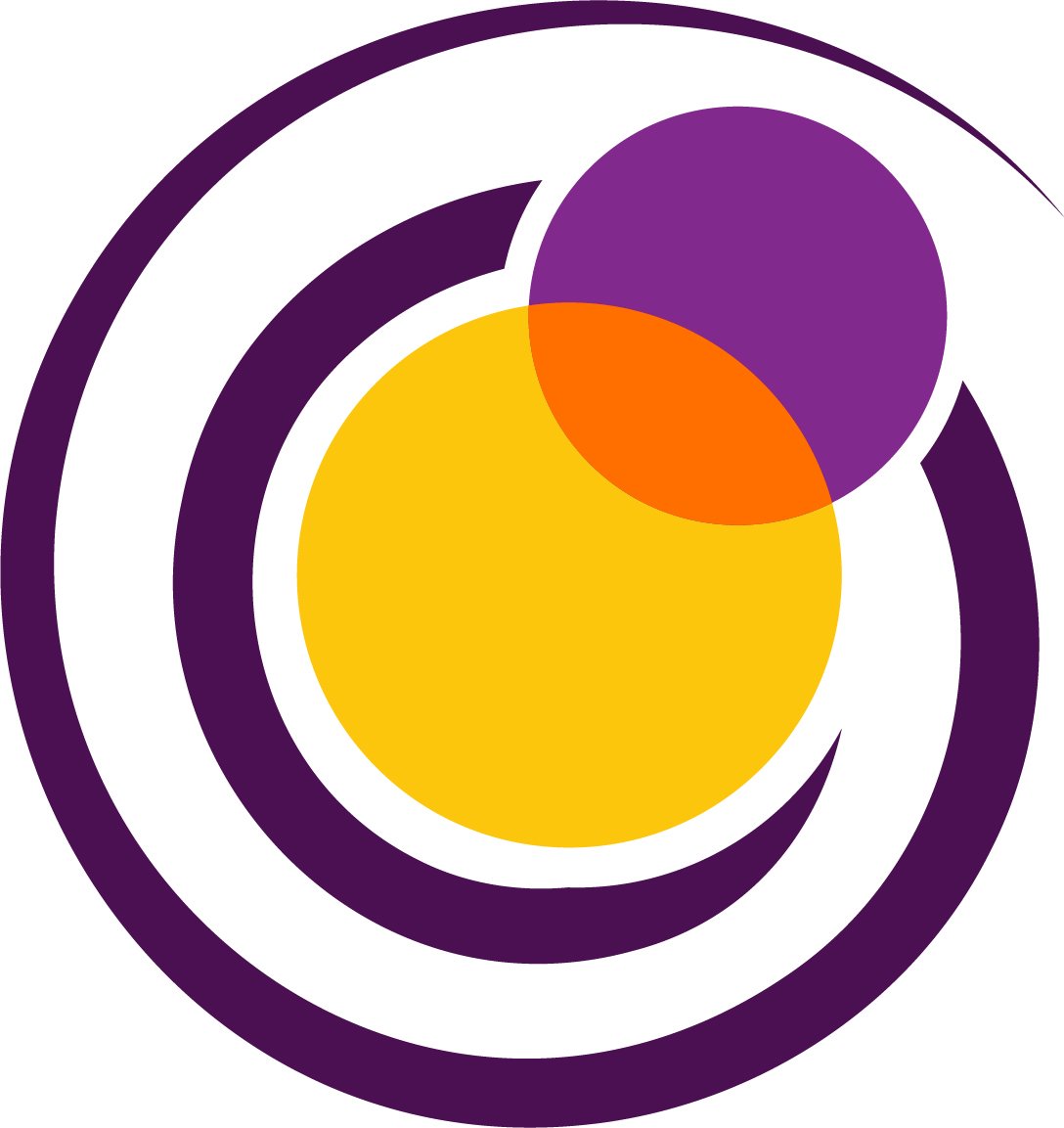Collective Access Screendance Residency
Illustration by Skye Louis
Information about the project is offered in multiple modes: image, audio, ASL vlog, and text. Please choose which mode works for you!
Project Overview
This online cross-disability residency brings together people who love dance/movement, to create access-focused screendance (dance on film), grow skills and nurture leadership.
Residency artists will co-create short dance films that centre dancers (and audiences) with myriad bodies, minds and senses. The residency will have two ‘creative pods’ each with five artists collaborating in different roles to co-create a short dance film that integrates multiple modes of access.
There will be workshops with disability arts mentors once a month. Each creative pod will also choose a mentor to support their project process.
The residency is facilitated by the InterdepenDance Collective, in collaboration with Dance West Network.
The residency will take place online on Zoom from June 2022 to March 2023.
The video above is an ASL vlog created by Deaf Spectrum about the project.
Who the residency is for:
The residency aims to deepen practices around collective access, decolonizing and disability justice in dance.
Creative people with lived experience of disability, neurodivergence, madness, spoonie-ness, chronic illness, intergenerational trauma, and/or membership in Deaf, Blindness, and/or Deaf/Blindness communities, are invited to apply for the residency.
The project prioritizes opportunities for dance/movement artists who self-identify as BIMPOC (Black, Indigenous, Mixed, People of Colour), Two-Spirit, non-binary, trans, agender and/or gender-nonconforming.
The project prioritizes dance/movement artists “in BC” outside of Metro Vancouver, who may not have opportunities to develop their practice where they live.
All levels of dance experience are welcome. All forms of dance/movement are welcome.
For more details & how to apply:
More information about the residency on the InterdepenDance Collective's project page
More details about the residency:
Residency artists will delve into learning specific creative and facilitation roles they are interested in, regardless of prior experience in a role. Each pod of five artists will have at least two creative facilitators or co-directors. The other roles will be different for the first phase (filming/director of photography, and dancers/co-choreographers), and second phase (two video editors and multiple audio describers). For video editing we plan to use Premiere Pro, or whichever program is most accessible to the video editors.
Artists will also each choose a facilitation role in their pod (access facilitator, logistics facilitator, note-taker, and two group co-facilitators/ check-in buddies), which can rotate as needed.
At the beginning of the project, each pod will brainstorm about how we want to work together and shared values.
Applicants who are not selected for the residency will be invited to attend some of the skills workshops.
Some skills workshops will also be open to additional artists who self-identify as experiencing disability, Deaf communities and/or BIMPOC (Black, Indigenous, Mixed, People of Colour) communities, to support more colleagues in increasing skills for sharing their work online, and to create connections among artists committed to access. If you’re not applying to the residency but are interested in the workshops, send an email to the contact info below with ‘Workshops’ in the subject line.
Project team:
The InterdepenDance Collective is facilitating the project. The project co-coordinators are Claire Bruce, Joanne Cuffe and Lea Collins, who live in the homelands of the lək̓ʷəŋən, W̱SÁNEĆ and K’ómoks Nations.
Dance West Network is collaborating on the project, supporting administration.
The Advisory Team includes: Alice Sheppard, Lindsay Katsitsakatste Delaronde, romham pàdraig gallacher, Sarah Lapp-Bourne.
Project supporters:
Much gratitude to funders for making this project possible:
Disability Alliance BC, Canada Council for the Arts, BC Arts Council, The Hamber Foundation, and Flux Gallery / MediaNet.
Thank you to partner organizations: Dance West Network, and Creative Momentum.


